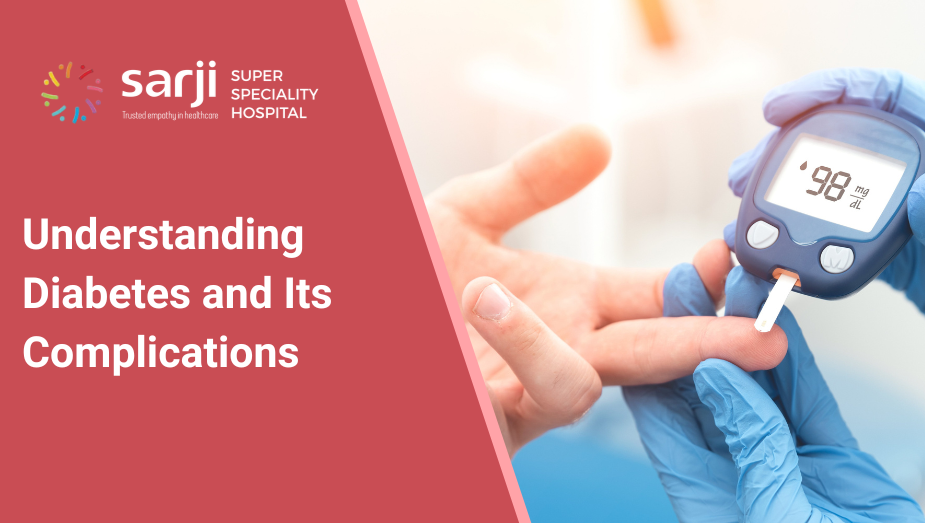Laboratory medicine refers to the branch of medicine that involves the use of laboratory tests to diagnose, monitor, and treat diseases. It encompasses a wide range of clinical laboratory services, including blood tests, urine tests, microbiological cultures, biopsies, and other diagnostic procedures. Hospital laboratories play a crucial role in the early detection of diseases, tracking disease progression, and determining the effectiveness of treatments.
Laboratory medicine helps clinicians make informed decisions by providing essential data about a patient's health. This includes identifying infections, determining organ function, assessing metabolic and hormonal imbalances, and detecting genetic disorders. Pathologists ,Microbiologists and other laboratory professionals work closely with other clinicians to ensure accurate test results, which are vital for effective patient care and management.
Key Components of Hospital Laboratory Services
1. Clinical Chemistry
- Tests: Blood glucose, cholesterol, electrolytes, liver enzymes, renal function.
- Purpose: Evaluate metabolic and organ function.
2. Hematology
- Tests: Complete blood count , peripheral smear , coagulation studies.
- Purpose: Assess blood health, diagnose anemia, clotting disorders, injection & cancer.
3. Microbiology
- Tests: Blood cultures, body fluids culture, stool cultures, sensitivity testing.
- Purpose: Identify infectious agents and determine antibiotic resistance.
4. Pathology/Histopathology
- Tests: Biopsies, cytology (e.g., Pap smear).
- Purpose: Analyze tissue samples for signs of disease like cancer.
5. Immunology/Serology
- Tests: HIV testing, hepatitis markers, dengue, malaria chikungunya, widal and leptospira, autoimmune panels, blood typing and anti-body screening.
- Purpose: Assess immune response and diagnose infections or autoimmune conditions.
6. Molecular Diagnostics and Genetics-Out Sourced To Higher Centers
7. Point-of-Care Testing (POCT)
- Examples: Glucometers, rapid antigen tests.
- Purpose: Provide immediate results at the bedside or outpatient settings.
Importance of Hospital Laboratory Services
- Accurate Diagnosis: Laboratory tests provide definitive data for diagnosing diseases.
- Treatment Monitoring: Regular testing helps assess the effectiveness of treatments.
- Public Health: Helps in disease surveillance and outbreak control.
- Research and Innovation: Supports clinical trials and advanced medical research.
Technology in Laboratory Services
- Automation: Improves efficiency and accuracy in large-scale testing.
- Artificial Intelligence: Enhances data interpretation and diagnostic precision.
- Integration with EHR: Ensures seamless access to lab results for clinicians.
Quality Control and Accreditation
- Standards: Labs follow protocols like CLIA (Clinical Laboratory Improvement Amendments) and Internal quality control for each parameter
- Regular Audits: Ensure high-quality service and patient safety.









